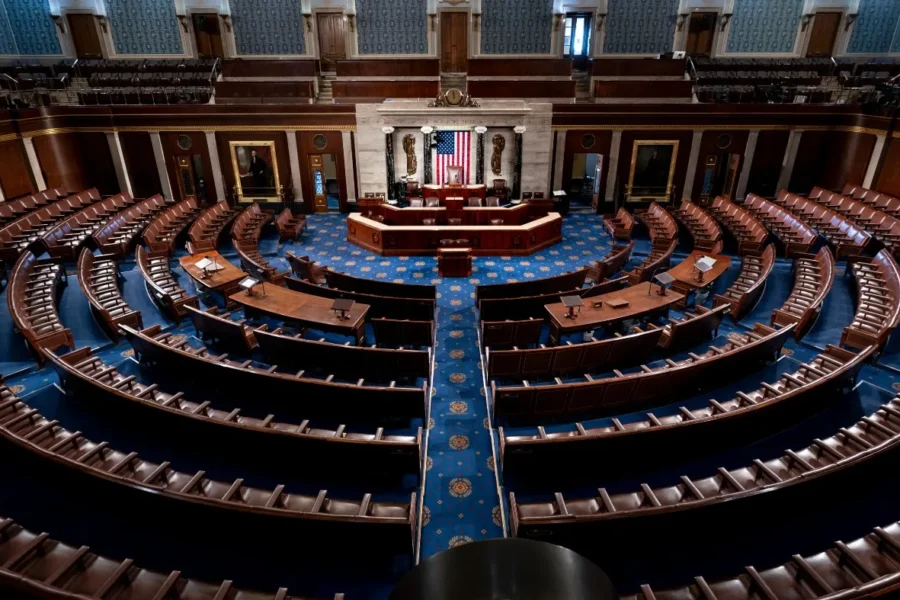Part of the problem that Republicans are having in Congress is that too many of them seem to expect perfect or permanent laws. Virtually all legislation is provisional. Nations live with provisional governments and provisional treaties. They deal with current conditions. They are temporary, with the expectation that they will change. Some laws should change when conditions do. This is why we witness heated debates in Congress over various tax plans and the current health care system.
It would be helpful in the healthcare debate to admit that the U.S. health care system can’t be fixed by any one law. Nor can the federal tax code be fixed by a single law.
Perfectionism is the enemy of any progress in a democratic government. If perfect is the standard, imperfections can be found in any law. And opponents make the most of that fact.
The American Founders understood this. As Alexander Hamilton wrote in Federalist No. 65, “If mankind were to resolve to agree in no institution of government until every part of it had been adjusted to the most exact standard of perfection, society would soon become a general scene of anarchy, and the world a desert.”
Because of inevitable changes in markets, medicine and technology, health care will change, and changes in law will be necessary. Laws evolve to mirror the changes in living and social conditions. To expect law to be either perfect or permanent is foolish. It isn’t and can’t be.
The same confusion is often seen in debates over abortion and other legislation affecting bioethics in Congress and the States. Like other laws, abortion law is provisional. It is drafted to respond to current problems and conditions, most prominently, the Supreme Court and its abortion doctrine.
The fact that laws protecting human life are provisional has been true for hundreds of years. Prior to the nineteenth century, before modern medical technology, abortion was prohibited after “quickening” (the first feelings of fetal movements by the mother).
In the nineteenth century, based on growing medical understanding of prenatal human development — that the life of a human being began at conception — many states deleted the “quickening” rule to extend legal protection from conception.
Later, in the 1960s, some states loosened their abortion laws — allowing abortion in certain circumstances — in reaction to social changes. This is why the pro-life movement keeps much of its focus on changing the hearts and minds of people. The law is inevitably shaped by public opinion.
But every law has a limited scope. Every law has exceptions, or limits and conditions, that are imposed by courts, legislative majorities, legislative procedures, public opinion, or other laws that ultimately define the scope of that law. In light of all these constraints and obstacles, the great prudential challenge is: How much good can be achieved by any one law?
Lincoln likewise recognized these realities and their implications for law and government:
“(The authors of the Declaration of Independence) meant to set up a standard maxim for free society, which should be familiar to all, and revered by all, constantly looked to, constantly labored for, and even though never perfectly attained, constantly approximated; and thereby constantly spreading and deepening its influence, and augmenting the happiness and value of life to all people of all colors everywhere.”
Improvements depend on a law that starts positive change, however small. And continual improvements — especially in areas as complex as healthcare and taxes — will be the result of numerous laws, over time. Legal improvements will always be needed because social change will never stop. Republicans should help the public understand this, instead of promising the impossible.
Clarke Forsythe is senior counsel at Americans United for Life (AUL) and author of “Politics for the Greatest Good: The Case for Prudence in the Public Square” (InterVarsity Press 2009) and “Abuse of Discretion: The Inside Story of Roe v. Wade” (Encounter Books 2013).
Originally published in The Hill, on December 25, 2017.




